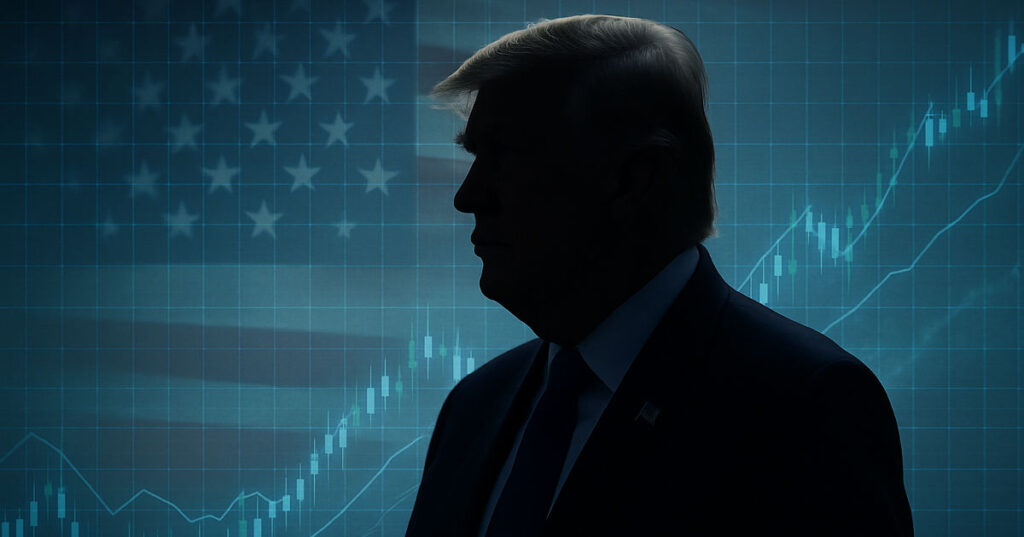Introduction
President Donald Trump has intensified efforts to pass significant cryptocurrency legislation by urging House Republicans to revive votes on three pivotal bills. The proposed legislation includes the GENIUS Act, the CLARITY Act, and the Anti-CBDC Surveillance State Act, collectively referred to as the “Crypto Week” agenda.
These bills aim to establish a comprehensive regulatory framework for digital assets, with a focus on stablecoins, market structure, and the prohibition of a central bank digital currency (CBDC).
The GENIUS Act: Defining Stablecoin Standards
The GENIUS Act seeks to regulate stablecoins by requiring issuers to maintain full reserves and provide regular disclosures. This legislation aims to enhance transparency and stability in the stablecoin market, addressing concerns over potential systemic risks associated with undercollateralized digital assets.
While the bill has garnered bipartisan support in the Senate, its passage in the House faces challenges due to differing opinions on the scope of regulation and the inclusion of provisions related to CBDCs.
The CLARITY Act: Clarifying Regulatory Oversight
The CLARITY Act proposes to delineate the regulatory responsibilities of the Securities and Exchange Commission (SEC) and the Commodity Futures Trading Commission (CFTC) concerning digital assets.
By providing clear guidelines on which agency oversees various types of digital assets, the bill aims to reduce regulatory uncertainty and foster innovation in the cryptocurrency industry.
However, debates persist over the appropriate classification of certain digital assets and the potential impact on existing regulatory frameworks.
The Anti-CBDC Surveillance State Act: Prohibiting Federal CBDC Issuance
The Anti-CBDC Surveillance State Act seeks to prevent the Federal Reserve from issuing a central bank digital currency, citing concerns over privacy and government surveillance.
Proponents argue that such a move would protect individual freedoms and prevent the centralization of financial power. Opponents, however, contend that a CBDC could offer benefits such as enhanced payment efficiency and financial inclusion.
Internal GOP Divisions and Legislative Setbacks
Despite President Trump’s efforts, internal divisions within the Republican Party have led to setbacks in advancing the proposed legislation. A recent procedural vote in the House failed to garner sufficient support, with 13 Republicans joining Democrats in opposition.
In response, President Trump met with GOP holdouts to secure their support for a re-vote, aiming to bring the bills back on track. The outcome of the upcoming vote remains uncertain, as lawmakers continue to debate the merits and potential drawbacks of the proposed legislation.
Implications for the Cryptocurrency Industry
The outcome of the “Crypto Week” agenda will have significant implications for the cryptocurrency industry. If enacted, the legislation could provide much-needed regulatory clarity, potentially attracting institutional investment and fostering innovation. Conversely, failure to pass the bills may result in continued uncertainty and hinder the growth of the digital asset sector.Reuters+7The Washington Post+7Investopedia+7
Related Reads from The Coin Vibe
Secure Your Crypto Assets
As the regulatory landscape evolves, it’s crucial to ensure the security of your digital assets. Utilizing reputable platforms like Binance for trading and Ledger hardware wallets for storage can help safeguard your investments.



